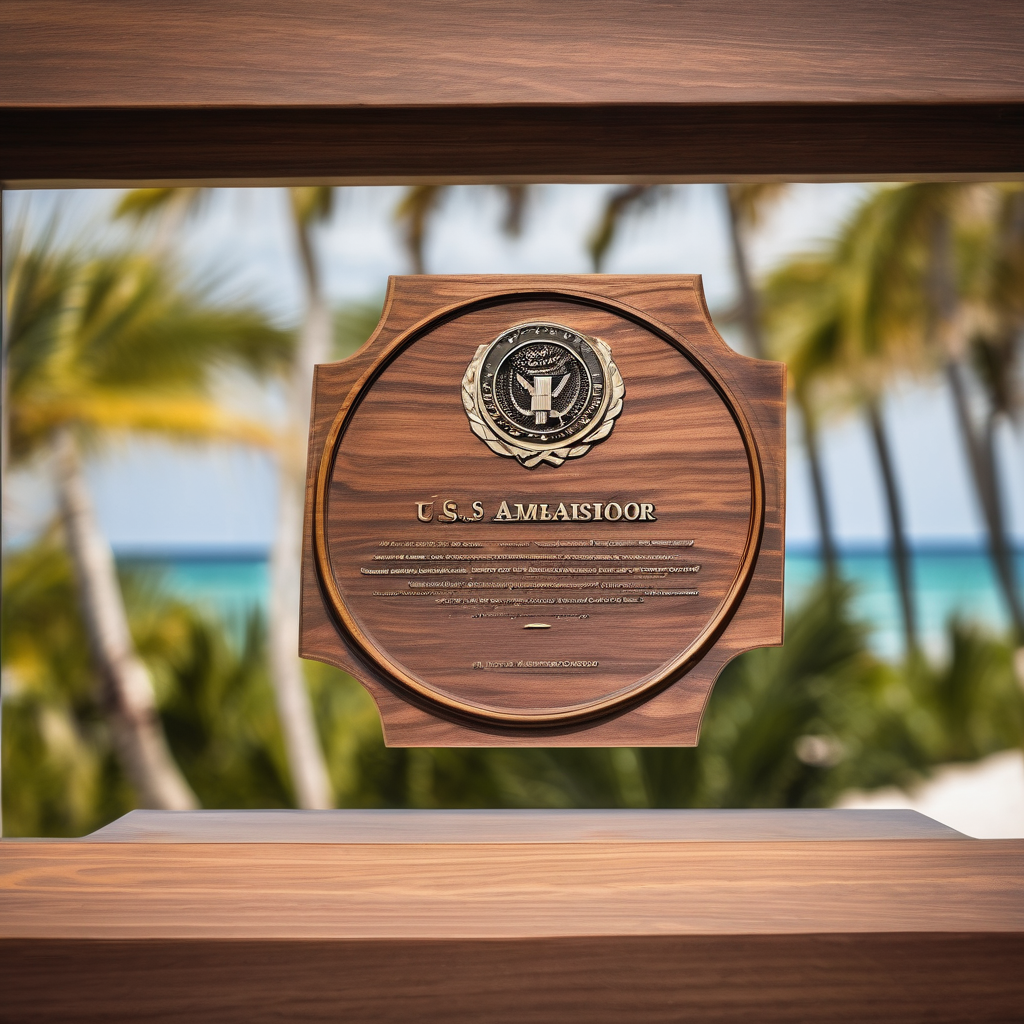The United States has officially appointed Herschel Walker, the former Heisman Trophy-winning running back, as the new ambassador to the Bahamas. This decision marks a significant moment, as it is the first time in 15 years that the U.S. has had an ambassador stationed in Nassau. Walker, known for his unsuccessful bid for the U.S. Senate as a Republican in 2022 amid personal controversies, now steps into a role critical to U.S.-Bahamas relations, especially as China has strengthened its ties with the Bahamian government through various investments.
China has invested substantially in the Bahamas’ tourism infrastructure, including a transshipment port and the national stadium, and has recently committed to funding a new hospital in Nassau through a loan from the Chinese Export-Import Bank. While Chinese officials have characterized their relationship with the Bahamas as one of friendship and cooperation, the U.S. appears to be responding by solidifying its diplomatic presence in the region.
In a move described as a savvy political strategy, Senate Republicans invoked what is known as the “nuclear option,” altering filibuster rules to allow for confirmations with a simple majority of 51 votes rather than the traditional 60. This change enabled them to swiftly confirm over a hundred administration appointees, including Walker. The maneuver drew criticism from political analysts, who expressed concern over the lack of proper vetting for these nominees. Many believe this reflects a troubling trend within the party, with claims that it shows a departure from traditional political norms in favor of loyalty to party leadership.
Other notable appointments alongside Walker include Sergio Gor as the U.S. ambassador to India and Brandon Judd, former President of the National Border Patrol Council, as the U.S. ambassador to Chile. Interestingly, the Senate Republicans have the option to use their newly established rule to resolve the ongoing government shutdown but appear unwilling to embrace that path, which signals a potentially weakened position.
Despite the controversies surrounding Walker and the broader implications of these appointments, the move to increase diplomatic engagement in the Bahamas could play an important role in counterbalancing China’s growing influence in the region.
